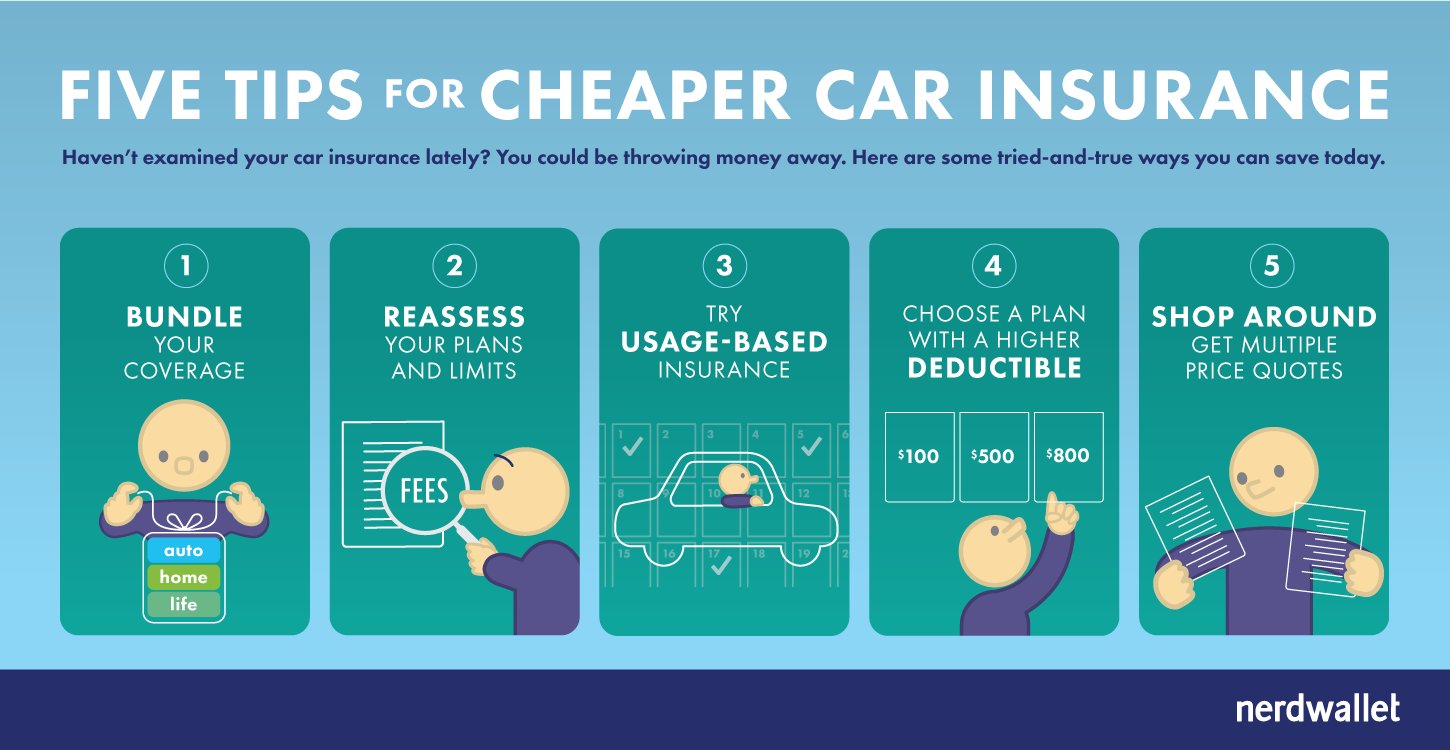In the realm of car insurance, a lot of drivers find themselves navigating a complex world filled with fallacies and false beliefs. Grasping the ins and outs of auto insurance can be daunting, and as a result, several false beliefs continue to persist. These myths not just lead to confusion but can also affect your wallet when it comes time to make judgments about insurance coverage.
In this article, we will clarify the top five myths related to car insurance that you need to disregard. Whether you are a new driver seeking coverage for the first time or a seasoned road warrior looking to save on premiums, it is important to have a clear understanding of what is factual and what is false. Knowing the facts can empower you to make informed choices regarding your auto insurance policy and help you avoid expensive errors down the line.
Myth 1: Expensive Cars Ask for Higher Insurance

Numerous people are under the impression that owning an high-value car automatically equates to more insurance costs. Although it is a fact that some premium vehicles come with greater sticker prices, the price of insurance is influenced by a variety of just the car's price. Elements like security ratings, service costs, and the likelihood of theft play significant roles in determining insurance premiums. A high-end car with high safety ratings may actually have reduced rates compared to a less expensive model that is often stolen.
Moreover, many luxury brands have exclusive insurance programs that provide competitive rates for high-value vehicles. Insurers often see these cars as assets, and owners might take more care of them, resulting to reduced accident rates. Therefore, a well-maintained expensive car might not cost considerably more to insure than a standard vehicle, refuting the myth that higher price directly translates to more expensive insurance costs.
In some situations, the type of protection selected can greatly impact premiums as well. If an owner chooses only the minimum liability coverage for an high-end car, they may pay lower than someone with a less costly vehicle who opts for full coverage. Therefore, it is essential to assess individual needs and insurance options rather than take for granted that every expensive cars need more insurance.
Myth 2: Scarlet Cars Cost Higher to Insure
The assertion that burgundy cars cost additional to insure is a frequent myth among drivers. Many motorists think that the hue of a vehicle can change insurance premiums, leading them to consider that red vehicles attract more attention from law enforcement or are involved in accidents more commonly. However, insurance companies determine premiums based on multiple factors, such as the car's make, model, safety ratings, and the driver's history, rather than the color of the vehicle.
Investigation has shown that the hue of a car has no clear correlation with insurance costs. Instead, insurers focus on data when calculating premiums. Aspects like the likelihood of theft, the cost of repairs, and how frequently certain types of cars are involved in collisions are far more significant. For instance, a sports car, regardless of its color, may have more insurance rates due to its performance characteristics rather than being scarlet.
At the end of the day, the idea that red cars are more costly to insure is simply a fallacy that has persisted over time. It's vital for car owners to realize that when shopping for auto insurance, the key factors to focus on involve the vehicle's details and the driver's background instead of the shade. By focusing on these key elements, drivers can make more knowledgeable decisions regarding their insurance coverage.
Myth 3: Your Credit Score Does Not Impact The Premium You Pay
Numerous persons think that credit scores doesn't have any effect on their car insurance rates, but this is a common misconception. In reality, insurance companies frequently utilize credit scores as one of the factors to decide premiums. car insurance near me open now can lead to more affordable rates, while a poor credit score can result in higher premiums. This practice is based on the finding that those with higher credit scores tend to make fewer claims.
The reasoning behind this approach is simple. Underwriters see a connection between one's credit profile and their likelihood of making a claim. Thus, when evaluating risk, insurers take into account credit scores in addition to driving history and additional elements. If you have not been paying attention to your credit score, it could be costing you more than you realize when it comes to your car insurance.
To potentially lower your premiums, it is advisable to monitor your credit score on a regular basis and improve it if you need to. Easy actions, such as paying your bills punctually and lowering your debt, can improve your credit score, which may ultimately result in lower costs for car insurance. Do not overlook the importance of your credit score in the world of auto insurance.
